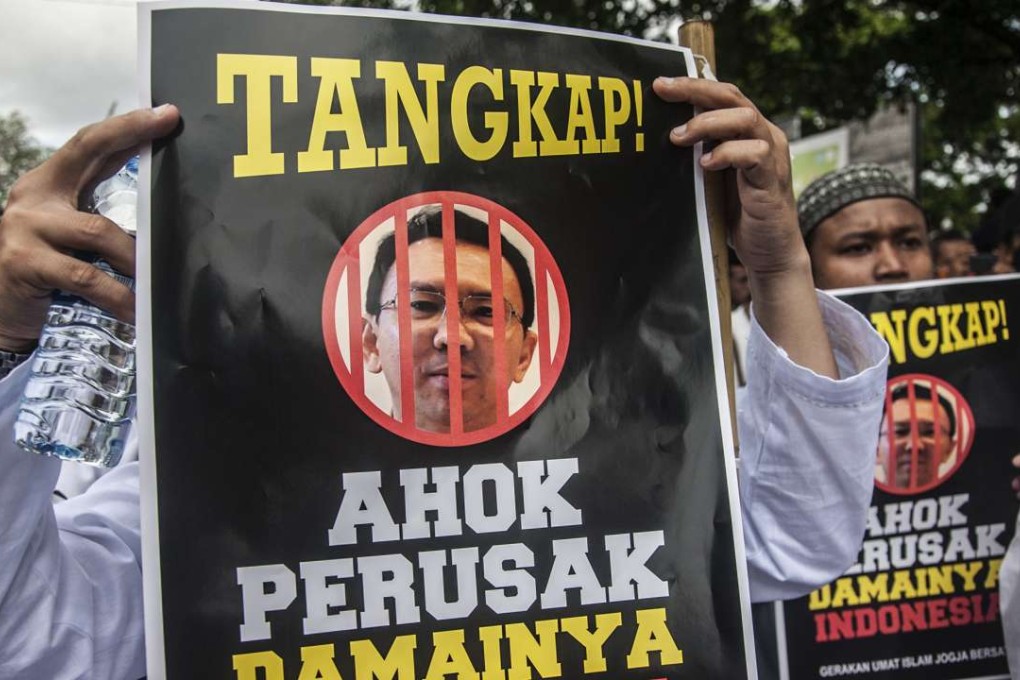Asian Angle | Why ethnic Chinese leader in Indonesia is sitting on a tinder box of religion and politics
Jakarta Governor Basuki Purnama has given Islamic extremists the opportunity they were looking for

Religion and politics appear to be developing into an explosive mix as Indonesia once again finds itself grappling with an overarching issue where conservative interpretations of Islamic teachings are at variance with the country’s constitutional dictates.
When Jakarta Governor Basuki Purnama told voters they shouldn’t allow themselves to be fooled by the common interpretation of a Koranic verse instructing them not to vote for non-Muslim leaders, he gave Islamic extremists the opportunity they were looking for.

As an ethnically Chinese Christian who, in fact, has attended Islamic schools in his native Sumatran province of Bangka-Belitung, he is now facing a possible charge of blasphemy which could prevent him seeking a second term in next February’s gubernatorial election.
He should have known better, but a careless mistake does not explain the strength of the outcry, which has pulled together not only the violent Islamic Defenders Front (FPI) and other radical groups, but also powerful political interests keen to shut the door on the man popularly known as “Ahok”.
‘Stay at home’ police and businesses warn Jakarta residents ahead of hardline Islamic protest
Backed by ex-president Megawati Sukarnoputri’s Indonesian Democratic Party of Struggle (PDI-P), Purnama still tops the polls ahead of recently replaced education minister Anies Baswedan and Agus Yudhoyono, the elder son of former president Susilo Bambang Yudhoyono.
